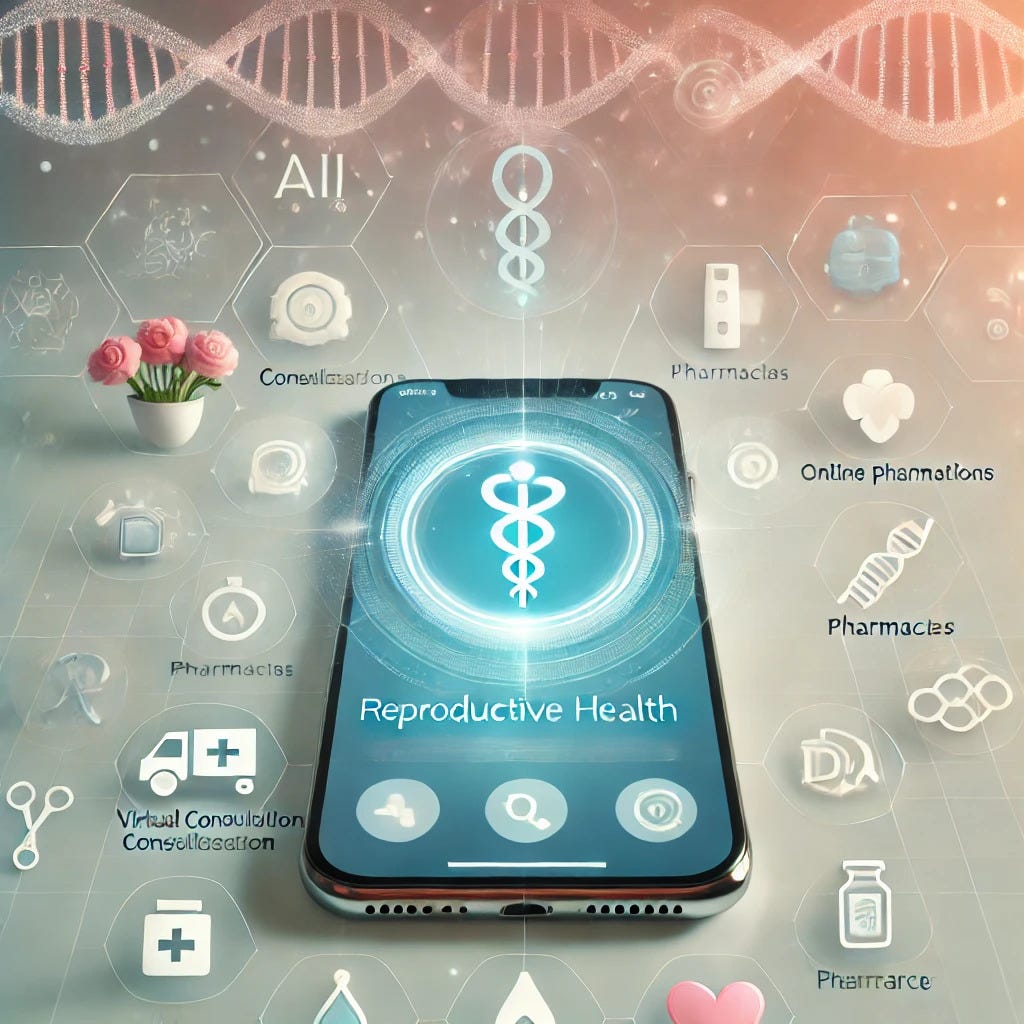How Technology Is Changing The Landscape Of Reproductive Health?
In recent years, technological advancements have significantly reshaped the landscape of reproductive health. From telehealth consultations to digital health tracking, technology has created new avenues for individuals to access and manage their reproductive health more efficiently and discreetly. These innovations have not only increased accessibility but also empowered people to take control of their reproductive choices in unprecedented ways.
Telehealth and Virtual Consultations
One of the most significant developments is the rise of telehealth services. Through virtual consultations, individuals can now speak with healthcare providers from the comfort of their homes. This has proven particularly beneficial for those living in rural or underserved areas, where access to reproductive health services might be limited. Furthermore, telehealth platforms often provide more privacy, which can be crucial for those seeking sensitive services such as contraceptive advice or information on abortion care. With these services, women can now online buy Abortion Pill after a consultation, offering a more convenient and discreet option compared to traditional in-person visits.
Online Pharmacies and Accessibility
The ability to order abortion pill online has also been a game changer in reproductive health. Online pharmacies allow users to purchase birth control, emergency contraception, and other essential medicines with ease. This has made it possible for women to ordering abortion pills online, ensuring they have access to safe and effective solutions even in areas with restrictive abortion laws. These services are particularly beneficial for those who might face stigma or barriers when trying to obtain medicines in person. Additionally, with the rise of digital payment solutions, the process has become faster, more secure, and more efficient.
Digital Health Apps and Wearable Devices
Beyond telehealth and online pharmacies, digital health apps and wearable devices have made it easier than ever to track menstrual cycles, monitor fertility, and manage reproductive health conditions. These tools provide real-time data and personalized insights, enabling users to understand their bodies better. For instance, fertility tracking apps use machine learning to predict ovulation cycles, helping those trying to conceive to optimize their chances. On the other hand, those who are not looking to become pregnant can use these apps to monitor their cycles and prevent unplanned pregnancies.
AI and Advanced Research
Artificial intelligence (AI) is also playing an essential role in reproductive health. From diagnosing reproductive conditions to improving IVF success rates, AI technologies are helping to advance research and treatment options. Machine learning algorithms can analyze vast datasets to identify patterns, leading to better, more personalized treatments. Moreover, AI is being used to develop new methods of contraception that are more effective and have fewer side effects than traditional options. This cutting-edge research is paving the way for a future where reproductive health solutions are more efficient, accessible, and user-friendly.
The Future of Reproductive Health Technology
As technology continues to evolve, it is expected to further transform reproductive health. Emerging innovations like 3D printing are being explored for the development of personalized contraceptives, while blockchain technology is considered for maintaining privacy and security of health records. The integration of these technologies could revolutionize the way people access and manage their reproductive health, ensuring that care is not only accessible but also tailored to individual needs.
In conclusion, technology has made it easier for individuals to take charge of their reproductive health. From the ability to purchase abortion pills online to utilizing apps for fertility tracking, technological innovations have expanded access, improved convenience, and increased privacy. As we move forward, continued advancements promise to make reproductive health care even more inclusive, efficient, and responsive to the needs of all individuals.


